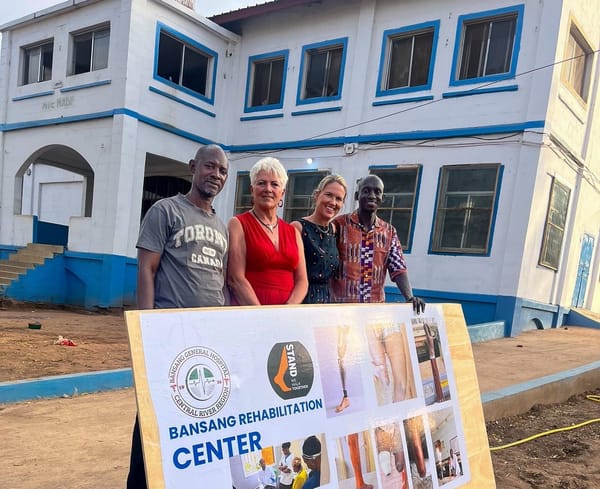New International Initiative Aims to Transform Care for Very Preterm Babies and their Families

By Health Correspondent
A new research project is bringing experts and families together to develop solutions to improve the lives of very preterm babies.
Every year, thousands of babies are born very preterm (VPT) - before 32 weeks of pregnancy. Many of them face unique health challenges that can last a lifetime.
Now, the IMPROVE PRETERM Project, is working to improve care for VPT babies and their families by creating cost-effective, evidence-based tools and strategies which focus on improving long-term health outcomes, addressing developmental difficulties, and enhancing overall quality of life.
Very preterm births represent a significant public health challenge, with affected individuals at risk of developmental delays, cerebral palsy, respiratory illnesses, and mental health disorders.
While advances in neonatal care have improved survival rates, there is a pressing need for consistent, evidence-based practices to ensure optimal lifelong outcomes for the children.
The project, which includes experts from the University of Leicester along with others from across Europe, will tackle some of the biggest challenges in care for VPT babies, including improving survival rates and long-term outcomes.
Families still face uncertainty about how to support their children’s development as they grow.
"That is why assessing the development of children who were born prematurely is crucial to identify developmental difficulties early so that children and families can receive the support they need," says Professor Samantha Johnson, from the University of Leicester’s Department of Population Health Sciences.
Tests carried out by healthcare or education professionals, such as IQ tests, are frequently used to assess children’s cognitive development, but these can be very costly and time consuming.
New cost-efficient tools, such as parent completed questionnaires, are urgently needed.
As part of the project, experts at the University are working with parents and professionals to develop and evaluate a novel questionnaire that can be completed by parents to provide an assessment of their child’s cognitive development at 5-7 years of age.
It will measure things such as thinking, problem solving, attention, memory and hand-eye coordination, skills that are important for later success at school. They will develop standardised scores for the questionnaire that will allow education and healthcare professionals to identify children who may need additional support.
The project builds on the University’s existing world leading research into the long-term impacts of prematurity on children’s learning and development.
Professor Johnson said: “We are delighted to be collaborating with this large international consortium to help improve care and outcomes for babies born very preterm. The project builds on our previous collaborations and on our team’s expertise in studying the long-term impacts of high-risk birth.
“The questionnaire will provide a novel way of assessing children’s development that will put parents at the heart of their child’s care. We hope it will transform the assessment of child development in research and clinical practice for children and families throughout the UK and Europe for many years to come.”
Professor Jennifer Zeitlin, Perinatal Epidemiologist and Project Lead, added: “IMPROVE PRETERM is a project built on collaboration. By listening to families and combining their insights with cutting-edge research, we can create tools and care strategies that truly make a difference.”
For many families, having a very preterm baby can feel overwhelming.
Silke Mader, whose children were born at 25 weeks, said: “When our twins were born so early, we didn’t know what to expect or how to navigate the challenges ahead. I very much welcome a project like IMPROVE PRETERM, which aims to give families like mine the tools and knowledge to support our children as they grow.”
The IMPROVE PRETERM Project is funded by the Horizon Europe Program
If you have a positive story or uplifting news to share, we’d love to hear from you!
Just email us at news@goodnewspost.co.uk.
Whether it's a local hero, an act of kindness, or a personal win, your story could help spread joy and improve someone’s mental health. Let’s make the world a little brighter, one good news story at a time.
And don’t forget—you can sign up for free to get the latest feel-good stories straight to your inbox!





